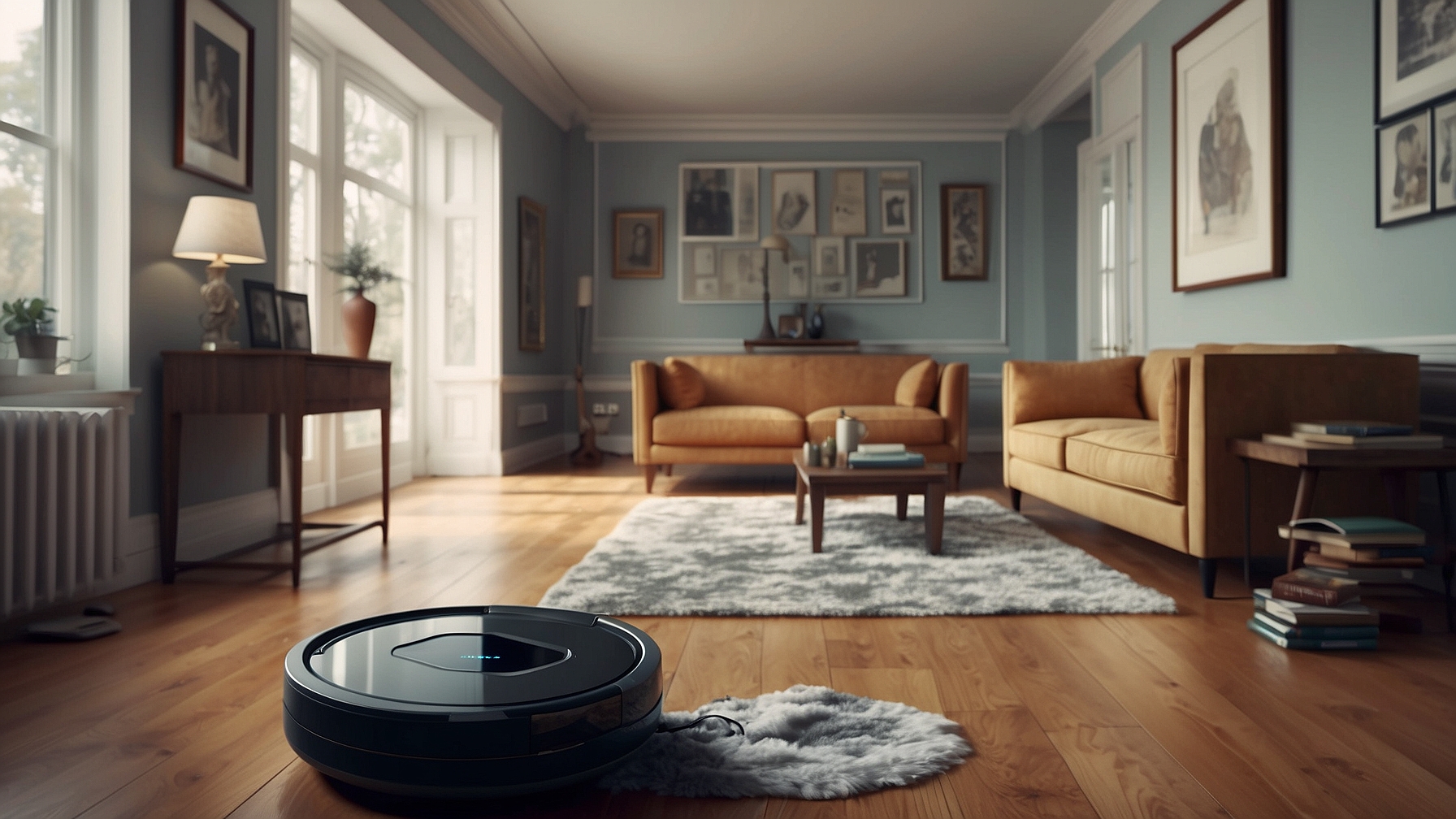MIT Scientists Teach Robots How to Clean Your House and Judge Your Life Choices
In a groundbreaking, slightly terrifying development, the wizards at MIT’s Computer Science and Artificial Intelligence Laboratory (CSAIL) have decided that teaching robots to understand their limits isn’t sufficient. They’ve now embarked on the ambitious aim to have robots not only clean your home but peer into the abyss of your life choices and silently judge you for that stack of unwashed dishes teetering precariously in the kitchen sink.
To do this, MIT researchers have concocted a method they modestly call “Planning for Robots via Code for Continuous Constraint Satisfaction” or, more snappily, PRoC3S, because there’s nothing a robot loves more than acronyms. This sophisticated method involves throwing buckets of AI wizardry at a problem until the robot can execute household chores without accidentally converting your living room into modern art.
“One of the initial challenges,” stated PhD student and unaccounted human-cyborg hybrid Nishanth Kumar, “was teaching robots to not confuse a Roomba with a French crêpe. We’ve come a long way, though now we encounter different casualties like intellectually inferior house cats.”
The revolutionary method promises a future where robots can assist in more perplexing tasks, like “make me breakfast,” while still understanding their constraints. One recently tested unit was wildly ambitious, attempting blueberry pancakes before bursting into interpretive dance mode upon encountering a hot stove.
According to co-lead author Aidan Curtis SM ’23, the CSAIL approach leverages large language models (LLMs) pre-trained on a rigorous regimen of Wikipedia browsing and Reddit trolling techniques. “It’s been surreal,” Curtis admitted with a twitchy robotic-like grin. “The robots started with stacking blocks. Before we knew it, they were competing in creative pyramids—some even made it to the cover of ‘Architectural Digest.'”
Naturally, these efforts love a good simulation. Thanks to the magic of digital reality, researchers can now manifest spotless robotic renditions in simulations with an 80% likelihood of remembering that bowls are for fruit and not potential murder weapons. Ambitious plans are underway to imbue these simulated realities with a sense of physics and sarcasm as advanced as in any sitcom set in New York City—a technique guaranteed to help robots decipher when a couch is simply a couch or a poignant metaphor for existential dread.
Critics at The AI Institute caution, “Using foundation models for robot control equals letting toddlers loose in a candy store — things get sticky fast.” However, Eric Rosen, the Institute’s go-to skeptic, noted PRoC3S could mitigate such rampant chaos by reining in the robots’ wild imagination before they decide that a Roomba should be Mayor.
Support for this endeavor comes from an ensemble of institutions intent on spying new ways robots can excel beyond human capabilities. Alongside this cadre of Artificial Intelligence champions are some suspiciously eager sponsors, possibly planning for a future where we, the mere mortals, outsource all decision-making to our synthetic overseers.
The bottom line? Brace yourselves. Soon your Roomba might not just vacuum; it might roll its wheels while quietly maintaining that air of superiority, silently asserting its status as a paragon of housekeeping efficiency unseen to the likes of Kraftwerk and Asimov. Lord knows, it might even start charging rent.





